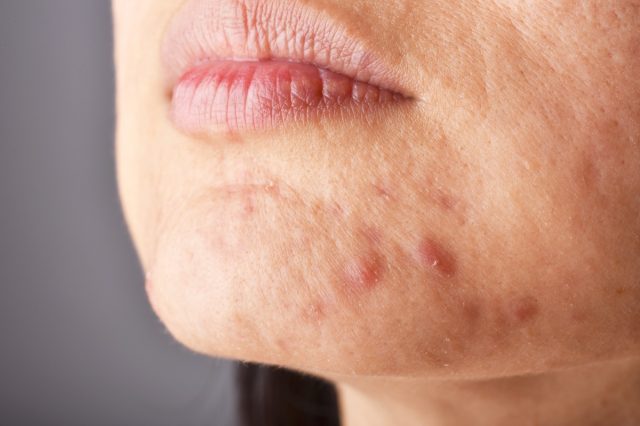7 Warning Signs You Might Be Consuming Excessive Sugar
Ah, sugar—the sweet siren that beckons our taste buds and dances delightfully on our tongues. If you’re a sucker for sweetness, you’re far from alone. Our brains are hardwired to reinterpret sugar as a delightful treat, a quick jolt of joy! But let’s get honest for a moment: too much of this sugary goodness can lead to a world of hurt.
- Advertisement -
According to the American Heart Association, the average American adult—yes, that includes you and me—gobbles down about 17 teaspoons of added sugar every single day. Doing the math? That’s two to three times the recommended limit! Men should stick to around 9 teaspoons (36 grams or 150 calories) of added sugar daily, while women should cap it at 6 teaspoons (25 grams or 100 calories). Sounds easy, right? But those sneaky sugars have a way of hiding.
Where do these added sugars lurk? Think soft drinks, fruity juices, and decadent desserts—cookies, cakes, ice cream, and pastries—they’re like little sugar ninjas! And believe it or not, some seemingly healthy foods can pack a sugary punch, which makes it all the more vital to scrutinize those food labels.
Speaking of sneaky sugars, Amy Goodson, an experienced registered dietitian and consultant from the bustling Dallas-Fort Worth area, highlights several “red flags” that your sugar consumption might be getting out of hand. “If you notice these signals, it might be time to dial back on added sugars and focus on balanced meals rich in fiber, protein, and healthy fats,” she advises. “Keeping your blood sugar stable can lead to more energy, a brighter mood, and overall better health.”
So, are you experiencing any of these signs? If so, it may be time to think twice about your sugary habits.
Mood Swings
Do you find your mood doing the cha-cha? One moment you’re on a sugar high, and the next, you’re diving headfirst into a funk. That rollercoaster ride often stems from fluctuating blood sugar levels. Goodson explains, “These ups and downs can elevate your spirits temporarily but can just as quickly leave you feeling irritable or anxious.”
Weight Gain
Fighting a few extra pounds? That’s another potential side effect of sugar overload. “Extra sugar, particularly from drinks and snacks, adds empty calories that can easily lead to weight gain,” Goodson notes. Think of these calories as sneaking in under the radar, stealthily contributing to those stubborn love handles.
Breakouts
Blushing at breakouts? Your sugar intake could be to blame. High sugar consumption can stir up inflammation and hormonal shifts that heighten the likelihood of acne. “Foods with high glycemic indices can rev up oil production, leading to more breakouts,” Goodson explains. Who knew your sweet tooth could wreak havoc on your skin?
Lack of Energy
Dragging your feet through the day? A sugar-laden diet might be the culprit. While sugar might give you that quick energy boost, it often comes crashing down like a deflated balloon, leaving you feeling sluggish. “These peaks and valleys can significantly impact your overall energy throughout the day,” Goodson cautions.
Insomnia
Tossing and turning at night? It might be time to reconsider your evening treats. “Indulging in sugary snacks, especially before bedtime, can mess with melatonin production and disrupt your sleep cycle,” Goodson advises. Not being able to sleep through the night can feel like a never-ending cycle of exhaustion.
Increased Appetite
Feeling perpetually hungry? Your sugar-laden diet may have a hand in that. “Sugar can interfere with hormones that regulate hunger, like leptin and ghrelin, making it trickier to feel full,” Goodson explains. After a sugar crash, those growling stomach pangs can make you ready to eat more than ever.
Irritability
Are you crankier than usual? Those cookies might be the hidden villains. The silver lining? Reducing your sugar intake can bring your mood back into check. As Goodson elaborates, “When your blood sugar level plummets after a sugary treat, you might find yourself feeling irritable or short-tempered. A balanced blood sugar level fosters better emotional regulation and enhanced focus.”
Report By Axadle







